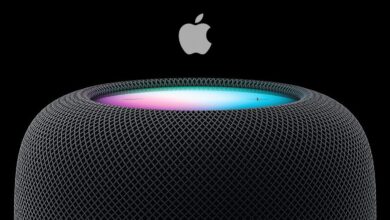
Google has announced today five improvements related to accessibility that will debut shortly in their applications and services, something that is undoubtedly excellent news, since any progress in this regard translates into removing barriers. More specifically, a type of barriers that are especially cruel, since they go completely unnoticed by all those people who are not affected, which means that on many occasions no measures are taken to put an end to them.
To this day, fortunately, there is a global awareness of this problem, that pushes in the right direction, that is, that work is done actively to identify the accessibility problems that affect certain groups, and that once identified, work begins, as soon as possible, to solve said problems. Sometimes big changes are necessary, while other times much simpler actions are enough, such as changing a font, a color scheme or offering larger controls. But, in all cases, those changes make a big difference.
From the list of innovations announced today by Google in the field of accessibility, I think there is one especially noteworthy (without detracting from the rest, of course), because in addition to being an advance in this regard, it also has a second positive consequence for all Google Chrome users. I wonder if the search engine company had already thought about it when they started working on this, or if it was when it was already in development that they realized its “extra” utility but, whatever it is, it is more than welcome .
I speak, as I already indicated in the title of this news item, that Google Chrome will be able to detect errors in web addresses and, in those cases, it will suggest the pertinent corrections. The user can, however, continue to use the URL as entered, as there is obviously a risk of “false positives”, but it seems quite likely that in most cases the corrections will be successful. According to Google, this feature is already available on desktop Chrome and will roll out to mobile devices in the coming months.
As I said, in addition to a significant improvement in terms of accessibility, this also means a breakthrough in security. Because? Surely on some occasion that has happened to you to write a wrong url and, when accessing it, find yourself with a web page that supplants the legitimate one, that offers products and services of dubious reliability and/or legality, etc. Now, with this function, we can save ourselves from that hassle and the risk it entails.



